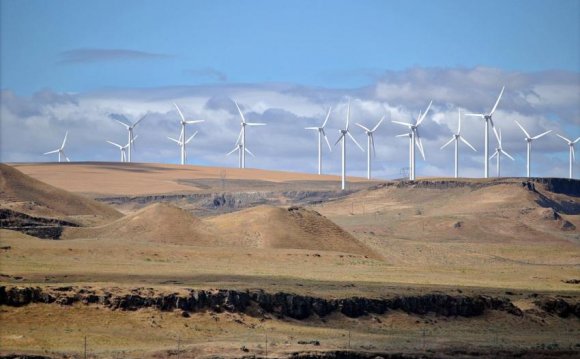
Before brand-new technologies enter the market, their ecological superiority over competing choices should be asserted based on a life period strategy. But when using the prevailing status-quo Life pattern Assessment (LCA) method of future renewable energy systems, one does not differentiate between impacts which are ‘imported’ in to the system due to the ‘background system’ (example. considering supply of products or last energy the production of the vitality system), and what is the enhancement potential of these technologies compared to competitors (example. considering procedure and system innovations or diffusion results). This report investigates a dynamic strategy towards the LCA of green power technologies and proves that for several green power stores, the inputs of finite power resources and emissions of greenhouse gases are extremely reduced compared with the conventional system. Pertaining to another environmental effects the findings do not unveil any obvious decision for or against renewable energies.
Future development will enable a further reduced total of ecological impacts of green power systems. Different facets have the effect of this development, such progress with respect to technical variables of power converters, particularly, enhanced effectiveness; emissions attributes; increased life time, etc.; improvements regarding the production process of power converters and fuels; and improvements for ‘external’ solutions from old-fashioned energy and transportation systems, including, enhanced electricity or procedure heat supply for system production and environmentally enhanced transportation systems for gasoline transport.
The application of renewable power resources might modify not only the backdrop system, but in addition additional downstream aspects, like consumer behavior. This impact is, but highly context and technology dependent.
Keywords
- LCThe;
- Life period assessment;
- Forecasting;
- Renewable energy;
- Photovoltaics;
- Geothermal;
- Hydropower;
- Biomass;
- Wind;
- Solar thermal
Copyright © 2005 Elsevier Ltd. All legal rights reserved.
Dr Martin Pehnt came to be 8.6.1970 in Cologne and has now two kids. He studied Physics and Energy Management in Tübingen, Stuttgart, Berlin and Boulder (United States Of America), and obtained a Masters Degree in 1996 and a PhD in Energy tech in 2002 (good). He undertook a research period at the nationwide Renewable Energy Laboratory NREL (Golden, Colorado). From 1997 to 2001 he had been a Scientist during the German Aerospace Center, Institute for Technical Thermodynamics, Department for Systems Analysis and Technology Assessment. Since 2001, Mr Pehnt is a Senior Scientist in the IFEU Institut für Energie- und Umweltforschung Heidelberg. Their research foci consist of: Technology and environmental assessment of revolutionary energy and transport methods, eg gas cells, cogeneration, green energies, biofuels; environmental interaction.









